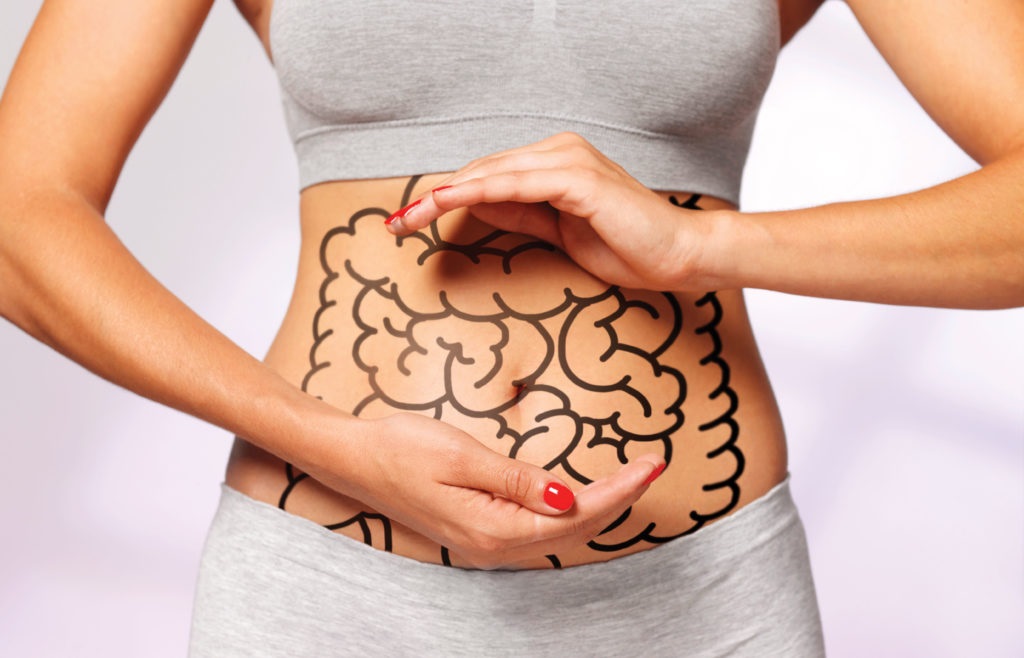The human gut is home to trillions of microorganisms, collectively known as the gut microbiota. These microorganisms include bacteria, viruses, fungi, and archaea, and they play a crucial role in maintaining health and preventing disease. Recent research has illuminated the profound impact the gut microbiota has on digestion, immunity, metabolism, and even mental health. Understanding and nurturing this microscopic ecosystem is becoming a cornerstone of modern healthcare, with the potential to revolutionize how we approach disease prevention and longevity.
Composition and Function of the Gut Microbiota
Diversity of Microbial Species
The gut microbiota consists of thousands of species, primarily dominated by bacteria belonging to the phyla Firmicutes, Bacteroidetes, Actinobacteria, and Proteobacteria. Each individual’s microbiota is unique, shaped by factors such as genetics, diet, and environment. Diversity within the microbiota is a key indicator of health; a more diverse microbiome is associated with resilience to diseases.
Key Functions of the Gut Microbiota
- Digestion and Nutrient Absorption: Microbes break down complex carbohydrates, fibers, and proteins that the human body cannot digest on its own, aiding in nutrient absorption.
- Synthesis of Vital Compounds: Certain gut bacteria produce essential vitamins like B vitamins and vitamin K, as well as short-chain fatty acids (SCFAs) like butyrate, which have anti-inflammatory properties.
- Immune System Modulation: The microbiota trains the immune system to differentiate between harmful pathogens and beneficial microbes, preventing overreactions like allergies and autoimmune diseases.
- Maintaining Gut Barrier Integrity: By supporting the production of mucin and tight junction proteins, gut bacteria prevent “leaky gut syndrome,” where harmful substances enter the bloodstream.
- Neurotransmitter Production: Gut bacteria produce neurotransmitters like serotonin, influencing mood and behavior through the gut-brain axis.
The Gut Microbiota and Health
Gut Microbiota and Metabolism
The gut microbiota plays a pivotal role in regulating energy balance and fat storage. Dysbiosis (an imbalance in gut microbes) has been linked to obesity and metabolic disorders by altering energy extraction from food and influencing insulin sensitivity.
Gut Microbiota and Immunity
Approximately 70% of the immune system resides in the gut. The microbiota’s interaction with immune cells helps develop and maintain a robust immune response. Dysbiosis has been associated with autoimmune conditions like rheumatoid arthritis and inflammatory bowel disease (IBD).
The Gut-Brain Axis
The gut and brain communicate through the gut-brain axis, a bidirectional communication network involving the vagus nerve, hormones, and microbial metabolites. Alterations in gut microbiota have been linked to mental health disorders, including anxiety, depression, and neurodegenerative diseases like Alzheimer’s.
Gut Microbiota and Chronic Diseases
Imbalances in the microbiota have been implicated in several chronic conditions:
- Cardiovascular Diseases: Certain gut microbes metabolize choline and carnitine into trimethylamine-N-oxide (TMAO), increasing the risk of atherosclerosis.
- Type 2 Diabetes: Dysbiosis affects glucose metabolism, contributing to insulin resistance.
- Inflammatory Bowel Diseases: Reduced microbial diversity and beneficial bacteria levels exacerbate conditions like Crohn’s disease and ulcerative colitis.
Factors Affecting Gut Microbiota Composition

Early-Life Factors
The initial colonization of the gut microbiota begins at birth. Vaginal delivery exposes infants to beneficial microbes from the mother, while C-section delivery may lead to altered microbial composition. Breastfeeding further enriches the microbiota with beneficial bacteria, unlike formula feeding.
Diet and Nutrition
- Positive Influences: A diet rich in fiber, fruits, vegetables, and fermented foods promotes microbial diversity and the production of SCFAs.
- Negative Influences: Processed foods, high-fat diets, and artificial sweeteners disrupt the microbiota, reducing beneficial bacterial populations.
Lifestyle Factors
- Regular exercise enhances microbial diversity and promotes the growth of beneficial bacteria.
- Stress and poor sleep disrupt the gut microbiota, increasing inflammation and metabolic dysregulation.
- Smoking and excessive alcohol consumption negatively affect microbial composition.
Antibiotics and Medications
Antibiotics indiscriminately kill both harmful and beneficial bacteria, leading to a significant reduction in microbial diversity. Other medications, such as NSAIDs and antacids, can also impact the microbiota.
Restoring and Maintaining a Healthy Gut Microbiota
Diet and Gut Health
- Prebiotics: Non-digestible fibers found in foods like garlic, onions, and bananas that feed beneficial bacteria.
- Probiotics: Live bacteria in fermented foods like yogurt, kimchi, and sauerkraut that enhance microbial diversity.
- Postbiotics: Metabolic byproducts of probiotics that exert anti-inflammatory effects.
- Synbiotics: Combinations of prebiotics and probiotics for synergistic benefits.
Fecal Microbiota Transplantation (FMT)
FMT involves transferring healthy donor microbiota into a recipient’s gut to restore balance. This therapy has proven effective for recurrent Clostridioides difficile infections and is being explored for other conditions like IBD and obesity.
Lifestyle Modifications
- Regular physical activity enhances gut microbial diversity.
- Stress management through mindfulness and yoga reduces inflammation.
- Prioritizing quality sleep supports a stable microbiome.
Emerging Therapies
Advances in microbiome-targeted therapies, such as precision probiotics and microbiome profiling, are paving the way for personalized healthcare solutions.
Common Myths and Misconceptions About Gut Health
- Myth: All bacteria in the gut are harmful.
Fact: The majority of gut bacteria are beneficial and essential for health. - Myth: Probiotic supplements work for everyone.
Fact: The effectiveness of probiotics depends on individual microbiota composition and the specific strains used. - Myth: Gut health only affects digestion.
Fact: The gut microbiota influences immunity, metabolism, and even mental health.
Future Directions in Gut Microbiota Research
The Human Microbiome Project (HMP)
HMP has significantly advanced our understanding of the gut microbiota by cataloging microbial species and exploring their functions. Future goals include developing targeted therapies based on microbiome data.
Microbiome and Precision Medicine
Integrating microbiome profiling with genomics and metabolomics can lead to personalized treatments for conditions like IBD, obesity, and diabetes.
Gut Microbiota and Aging
Aging alters gut microbiota composition, reducing diversity and beneficial bacteria. Maintaining a healthy microbiome may promote healthy aging and longevity.
Exploring the Role of Gut Virome and Fungi
Research into the gut virome (viruses) and fungi is uncovering their contributions to health and disease. Future therapies may manipulate these components for better health outcomes.
Conclusion
The gut microbiota is a dynamic and complex ecosystem essential for overall health. Its influence extends far beyond digestion, impacting immunity, metabolism, and mental well-being. By making conscious lifestyle choices—such as eating a diverse, fiber-rich diet, staying active, and managing stress—we can nurture our gut microbiota and unlock its full potential to support a healthier, longer life. As research progresses, the potential to harness the microbiome for personalized medicine and disease prevention continues to grow.


